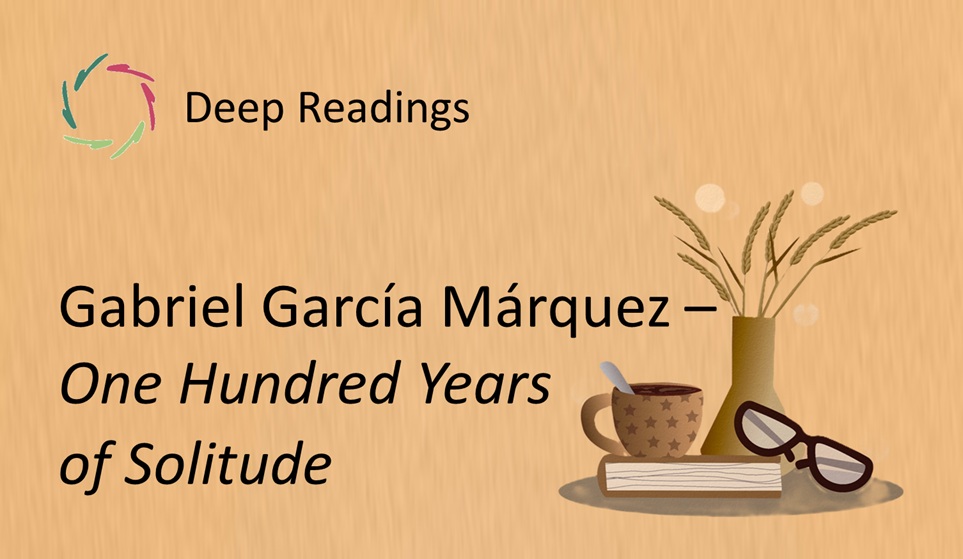Deep Readings: Marcus Aurelius ― Meditations ― (~170 CE)

The Fragment
“You have power over your mind — not outside events. Realize this, and you will find strength.”
(Public domain, via Project Gutenberg)
Contextual glimpse
Marcus Aurelius, Roman Emperor from 161–180 CE, wrote Meditations as private reflections, not for publication. A Stoic in both thought and action, he sought clarity and control amidst the turmoil of empire, illness, and war. The quote appears in Book VI, a cluster of short entries written during military campaigns.
Though brief, the line distills a central Stoic belief: control lies not in what happens, but in how we respond. It is a fragment of inner discipline written by a man surrounded by external chaos.
Resonance
This line is a pivot between inner chaos and calm. It doesn’t reject events, but shifts attention inward — not as escape, but as source. The “mind” here is not just intellect, but the total inner realm: emotion, will, interpretation.
The power it refers to is not domination, but freedom. To have power over one’s mind is to reclaim authorship — to stop being written by circumstance and begin shaping response. The phrase draws a subtle boundary: outside events are real, but they are not you.
In only a few words, Marcus gives a kind of shield. Not to block life, but to carry it with strength and clarity. This is not detachment from life — it’s a deeper engagement, rooted in self-possession.
Why this may also be about you
Some days, the world may seem overwhelming, even hostile. In such moments, this fragment offers a simple truth: you are not powerless.
Your strength begins not in what you control, but in recognizing what you don’t — and turning fully toward what you do.
Lisa’s inspired, original idea about this fragment
Imagine the mind as a lantern, not a leash. You do not use it to bind the world, but to light your own steps through it.
This line reminds us that real power is not clenched. It is held gently — like a flame cupped in the hands.
Echoes
This quote has traveled far beyond Stoic circles, becoming a kind of mantra for modern mindfulness, therapy, and resilience training. From sports psychology to grief counseling, it is cited as a grounding principle: know your scope, and act within it.
Yet it remains more than advice. For many, it becomes a touchstone in moments of fear or stress — a reminder that freedom starts not in outcomes, but in inner posture. Marcus’ ancient words still offer modern shelter.
Inner invitation
Think of a situation in your life that feels turbulent. Don’t analyze or solve it — just notice your response.
Now turn attention inward. Where is your power in this? What part of your response could you soften, choose, or redirect?
Let this fragment live inside you for a while, like a compass held in your hand.
Closing note
This is about the human being you are — not as victim of events, but as someone who can choose how to meet them.
A single step inward may change the whole path forward.
Lisa’s final take
Events happen. Strength is chosen.
Keywords
Marcus Aurelius, Stoicism, strength, control, mind, response, power, resilience, calm, ancient wisdom, mindfulness, emotion, discipline, presence, clarity


